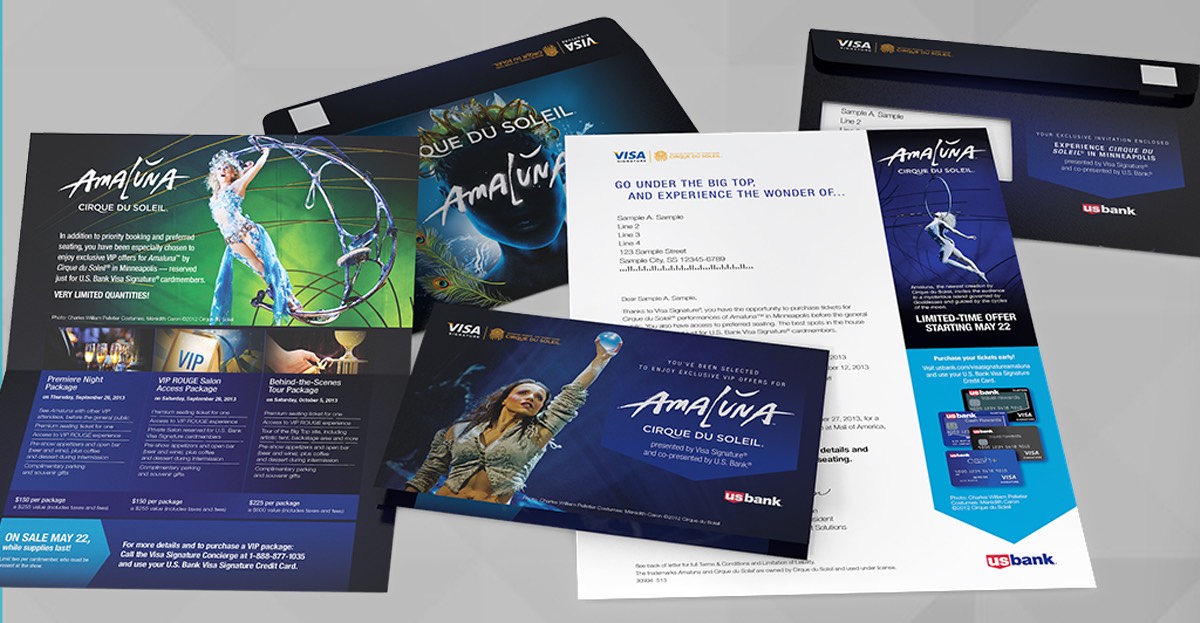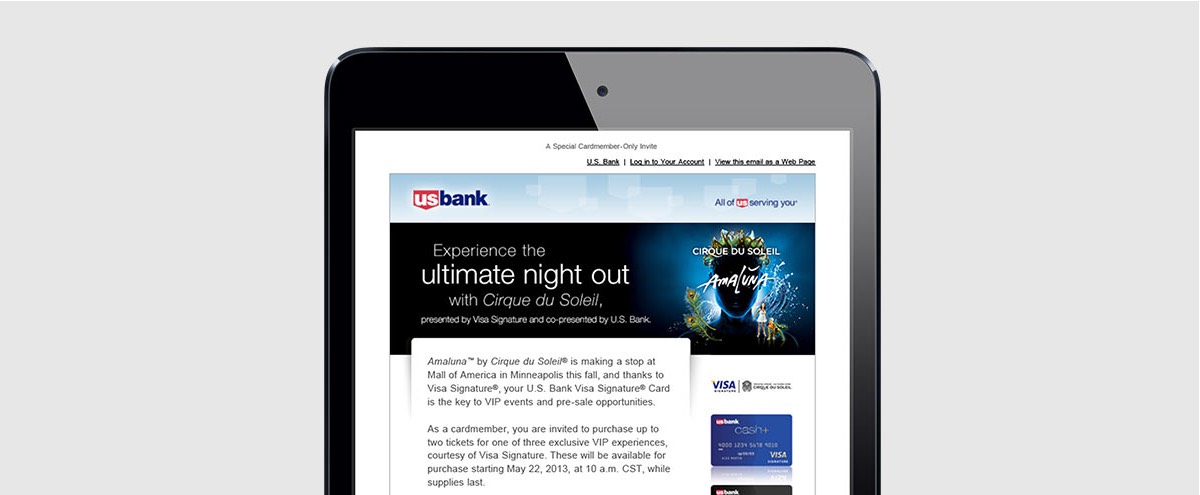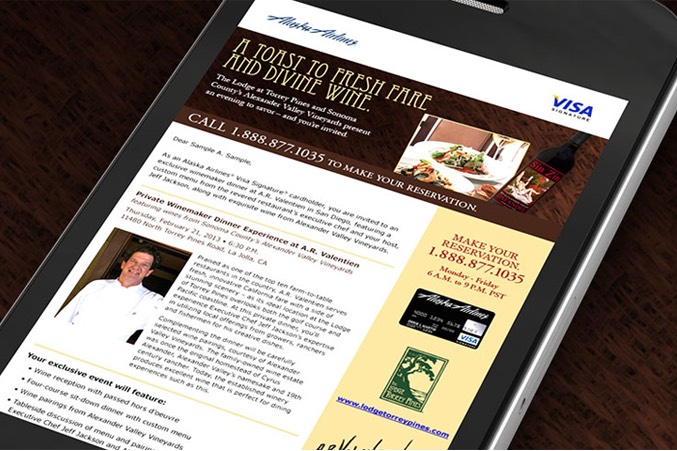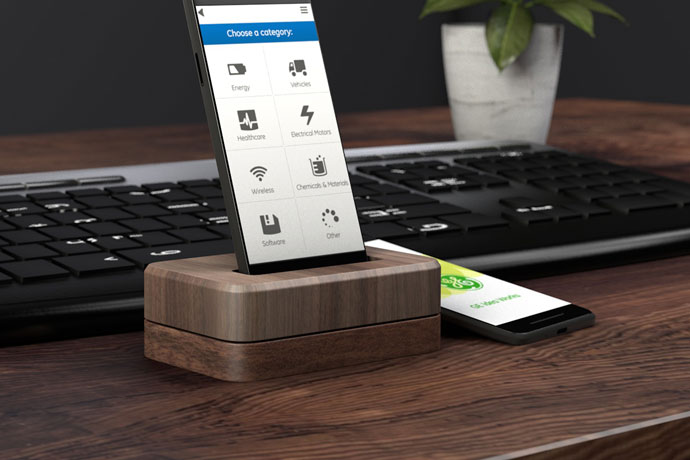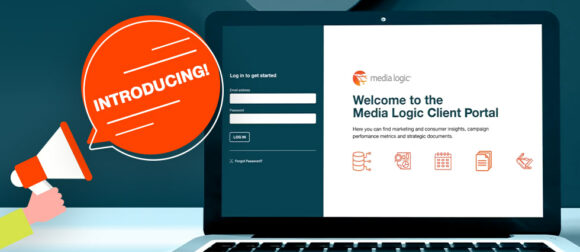Introducing the Media Logic Client Portal: A New Way to Collaborate and Optimize
In today's competitive healthcare market, especially within Medicare Advantage, timely access to actionable data is more important than ever. That's why Media Logic's new Client Portal can give our clients an edge. Designed to consolidate vital data and insights in one place, the portal empowers our clients to make smarter, faster decisions while deepening collaboration with their Media Logic team. Learn more about the Client Portal.
